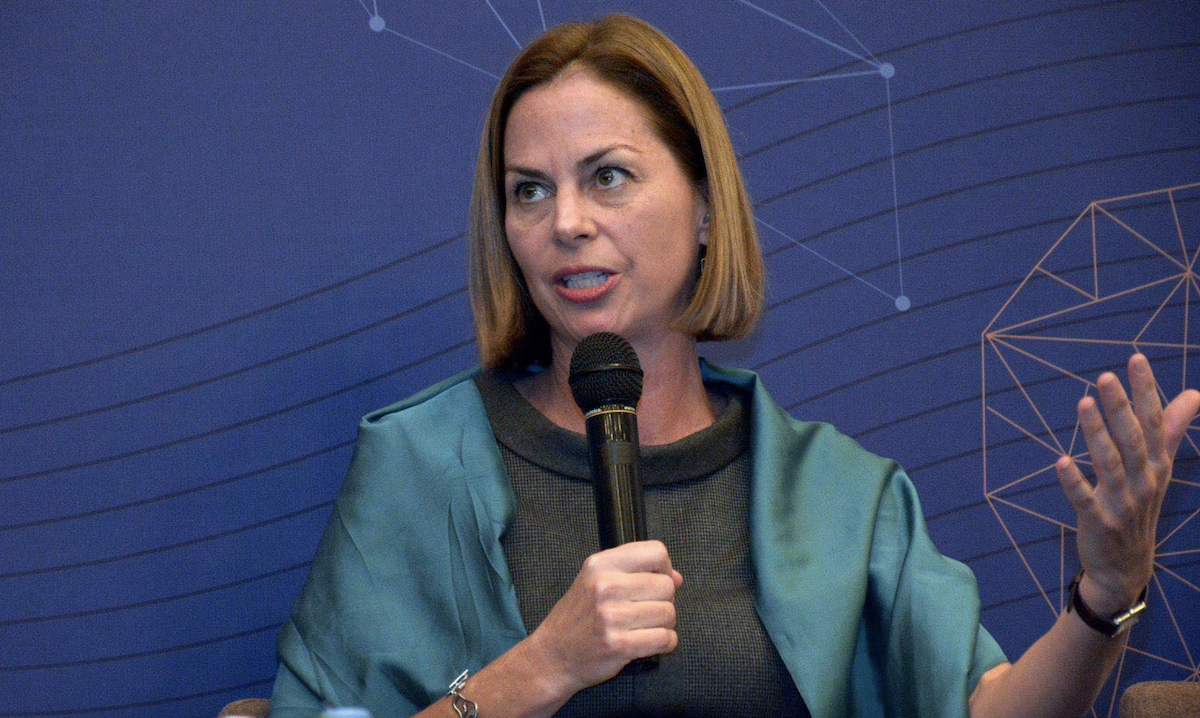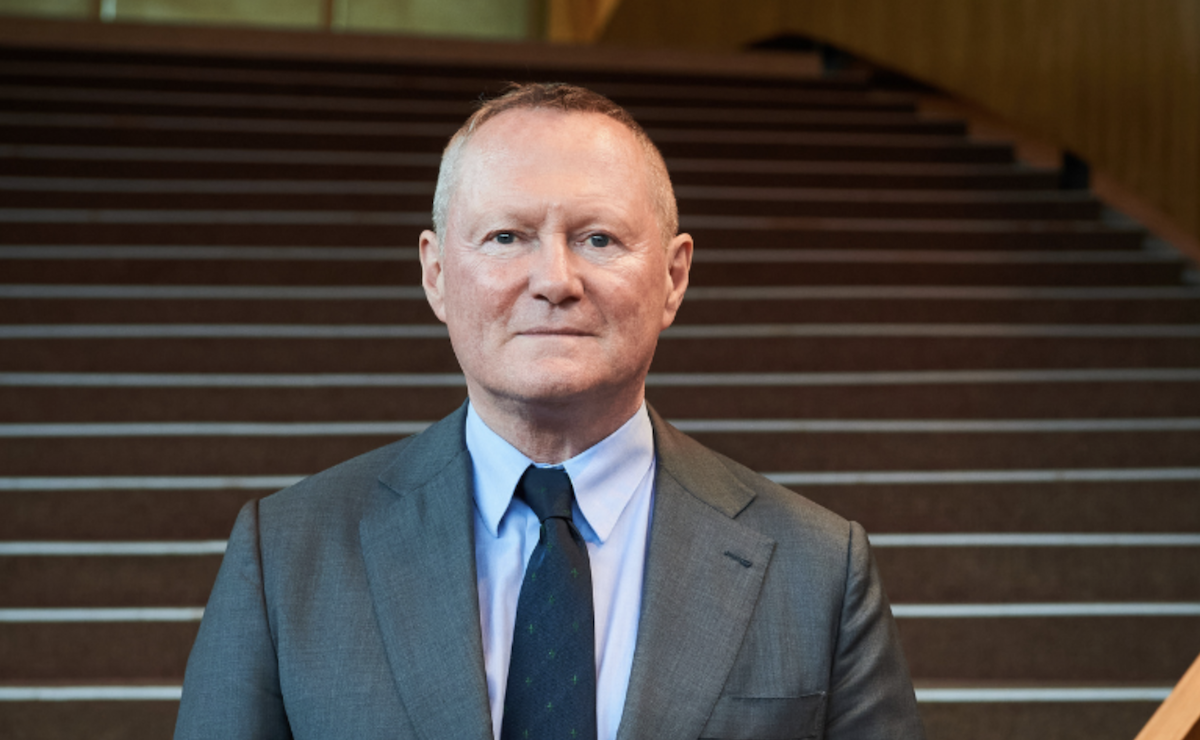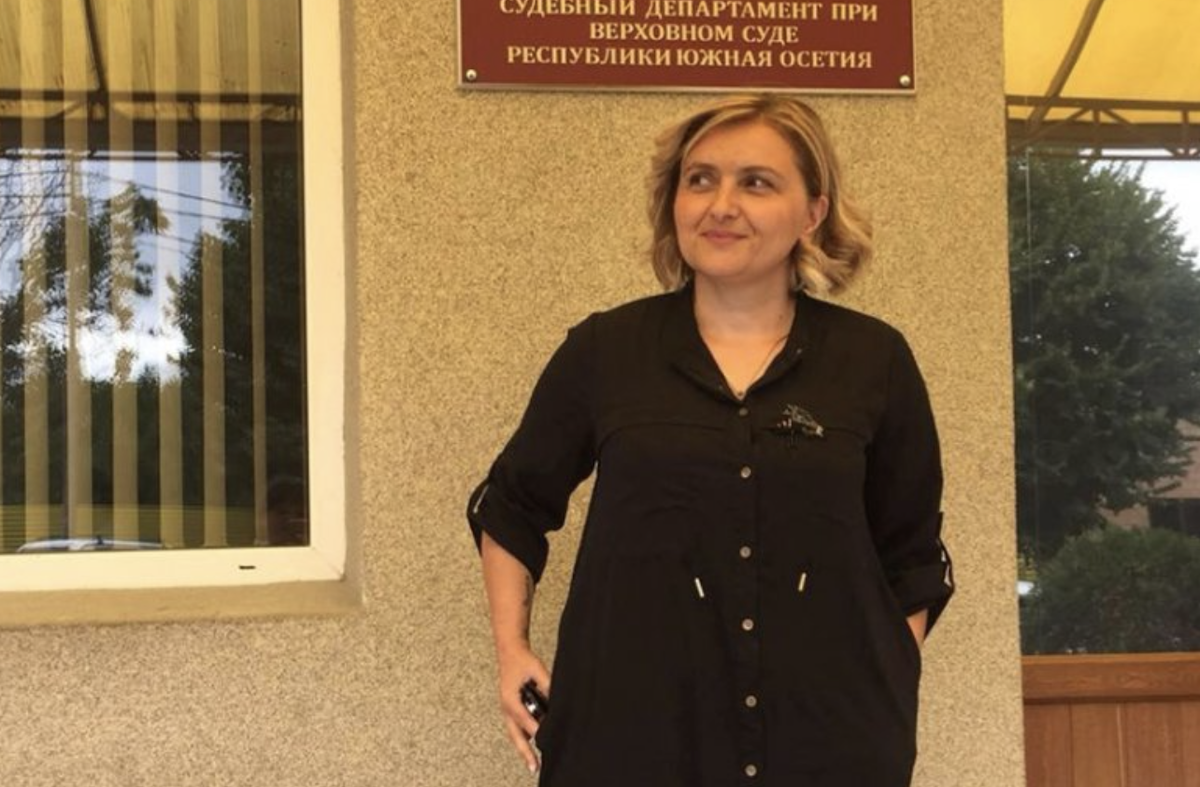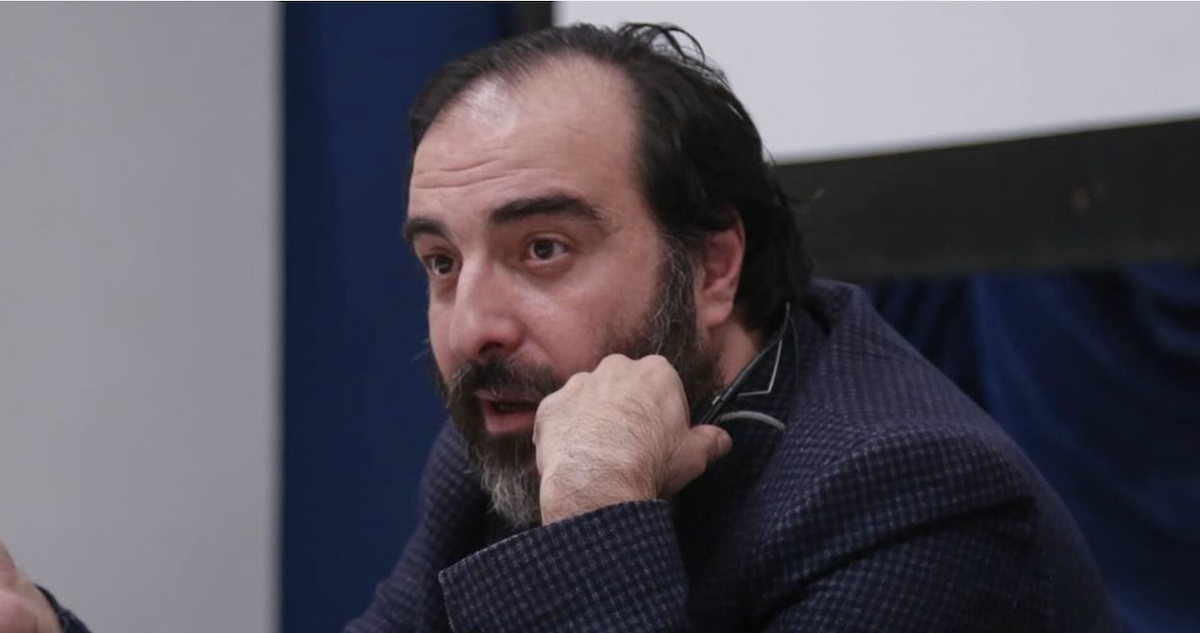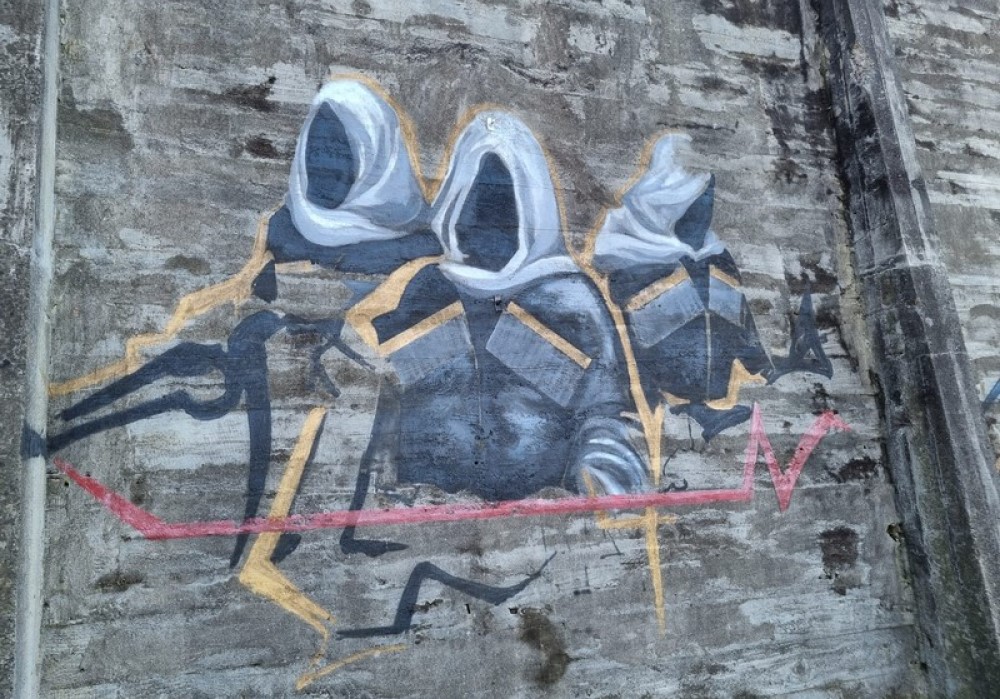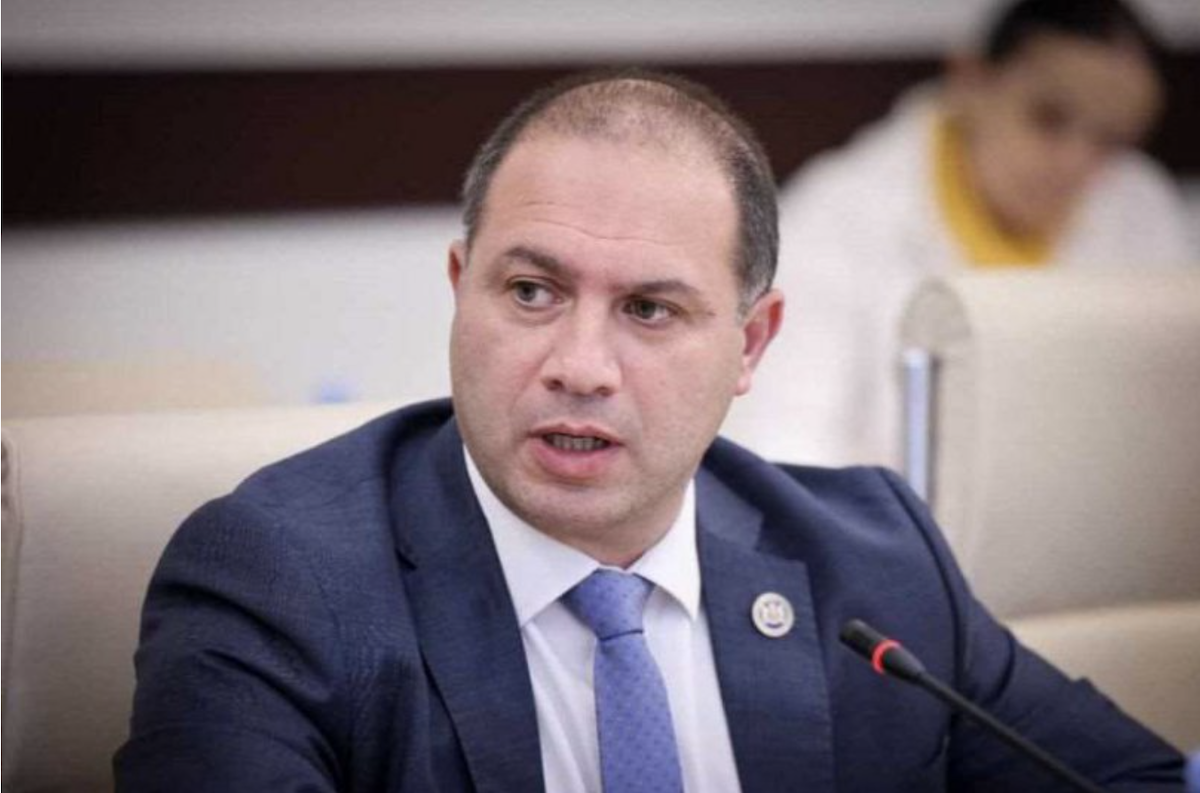Armenia 2015. Political themes of the year
Three major themes can be highlighted when analyzing Armenia’s political life in the outgoing 2015: the century-old anniversary of the Armenian Genocide, the collapse of the largest Prosperous Armenia Party (PAP) and the referendum on constitutional changes.
The Armenian government put up tremendous resources and made efforts to mark 100th anniversary of the Armenian Genocide in the Ottoman Turkey in 1915.
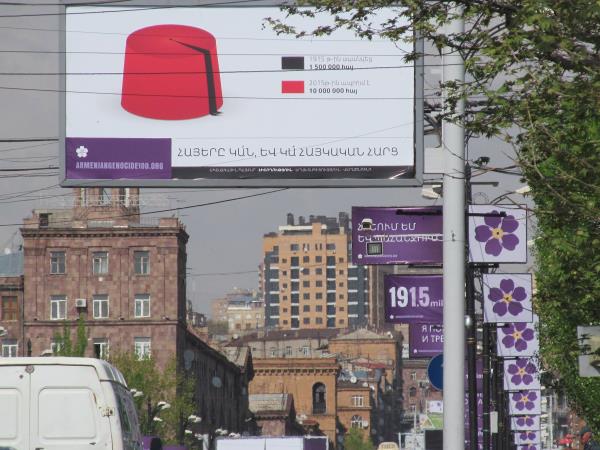
60 official delegations of the foreign states and international organizations arrived in Yerevan to participate in commemorative events. Yerevan hosted an unprecedented forum entitled – ‘Against the Crime of Genocide’, that brought together 600 delegates, including the representatives of Turkey, supporting reconciliation with Armenia through the recognition process.
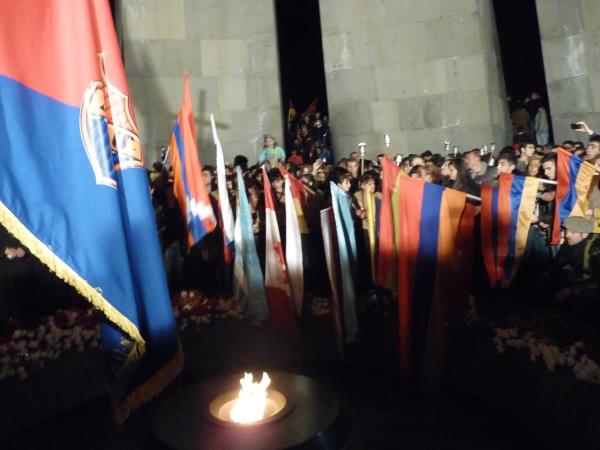
The day before the event, the alarm bell rang and the rite of canonization of million-and-a-half innocent victims was conducted at the residence of the Armenian Apostolic Church in Echmiadzin.
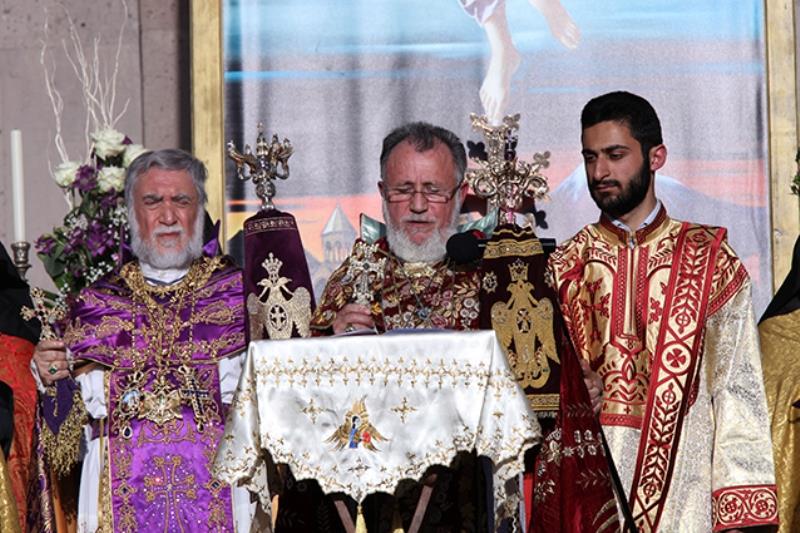
However, in the opinion of Armen Badalyan, a political strategist, in the world this theme was merely of PR-importance: ‘Armenia’s only benefit was that everyone started talking about it for a few days, which attracted tourists to the country. Started talking and soon forgot about it. ‘ Since Armenia does not pursue a systematic policy, it could not use the genocide theme in its foreign policy general mosaic.
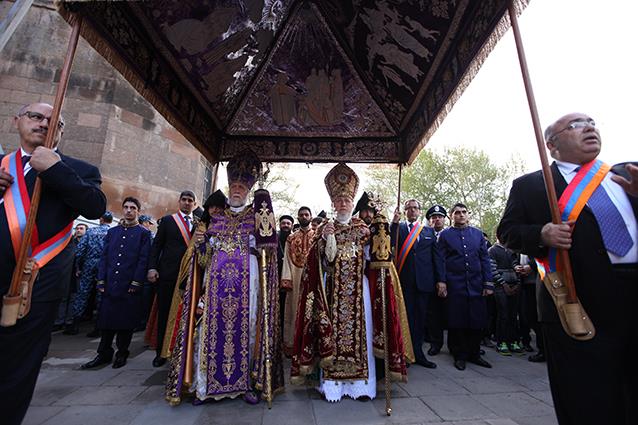
Actual collapse of the Prosperous Armenia Party has become an indicator of the ongoing processes in the country and has played certain role in Armenia’s domestic policy.
In February this year, President Serzh Sargsyan sharply criticized his former coalition partner, saying that the Prosperous Armenia leader, ‘Gagik Tsarukyan, as a political figure, has become an evil for the country.’ He dismissed Tsarukyan from the post of the National Security Council member and instructed Prime Minister, Hovik Abrahamyan, who is Gagik Tsarukyan’s co-father-in-law, to verify the accuracy of rumors about concealment ‘of billions of drams’ of unpaid taxes under the pretense of charity.
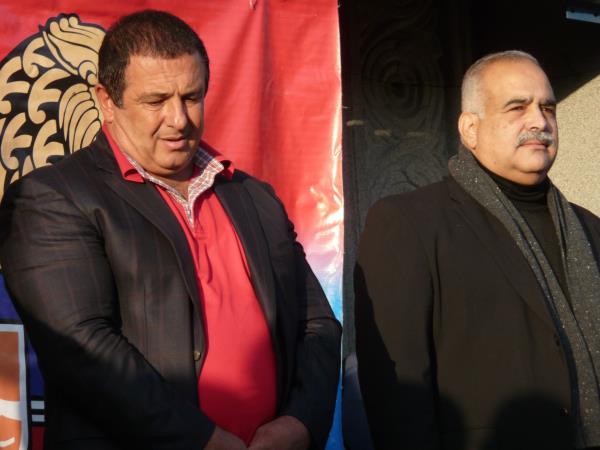
After being criticized by the president, Tsarukyan called for a nationwide mobilization with the aim of Serzh Sargsyan’s resignation.
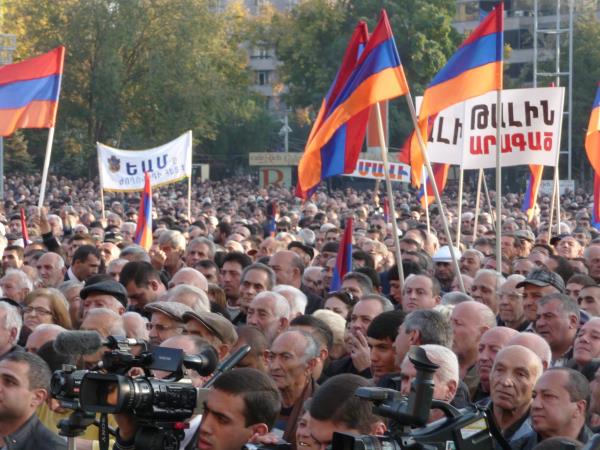
Tsarukyan, himself, explained the aggravation of relations with the President as follows: ‘I was offered various options for cooperation, lucrative private deals, including the president’s post after the change of the Constitution, under the condition that I would agree to reproduce his power, that is to facilitate the fulfillment of his desire to actually rule till the end of life. I strongly rejected that anti-national approach. That is the main reason why Serzh Sargsyan violated the norms of political and human relations.’
The promised war did not occur. Tsarukyan-Sargsyan meeting was held with the mediation of the Armenian Revolutionary Federation (ARF) ‘Dashnaktsutyun’. The parties reached certain consensus.
As a result, Gagik Tsarukyan announced about his withdrawal from big politics, resignation from the party chairman and head of the parliamentary faction’s post. MP exhodus from the Prosperous Armenia Party began.
Prosperous Armenia turned into the Republican Party of Armenia 2 – a branch of the ruling party, while its resources were afterwards used in December 6 referendum on constitutional reforms.
‘The ruling power has become even stronger, while the opposition, accordingly, has weakened,’ – says Badalyan.
The final chord was the constitutional referendum, according to which, 63.37% (825,521) of voters supported the constitutional changes. Thus, Armenia voted for a shift to the parliamentary form of governance. The opposition believes, the aim of the referendum was just to reproduce the power of the Republican Party and its leader, Serzh Sargsyan.
In the opposition’s opinion, the results of the referendum were rigged and shall be declared void. “New Armenia Public Salvation Front’s organized round-a-clock sit-in was launched at the Freedom Square. Armenian National Congress, in turn, appealed to the CEC in vain and organized collection of signatures for the appeal to the Constitutional Court with a demand to annul the results of the referendum.
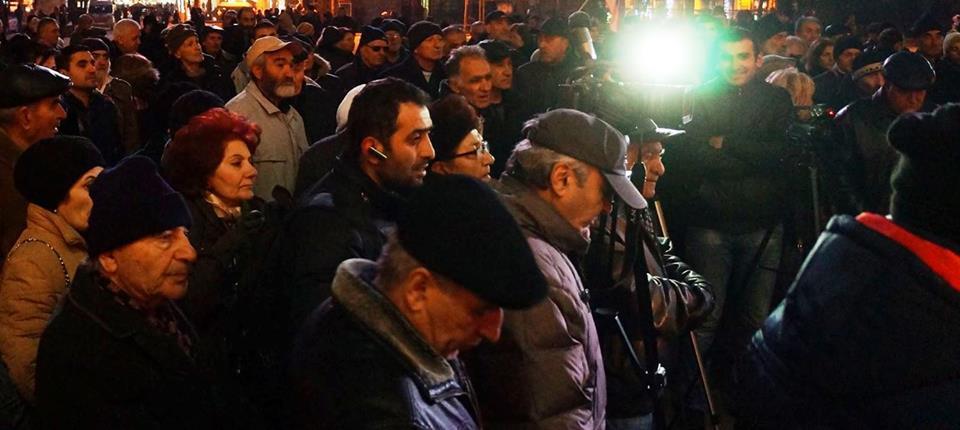
Armen Badalyan believes, ‘the authorities have drawn ‘yes’ in favor of constitutional changes that will fundamentally alter the state governance, its entire philosophy.
According to Hrant Mikaelian, the Caucasus Institute research officer, the authorities have failed to present to the public the issue of changing the constitutional order so that it could be positively perceived. Therefore, the results of the referendum actually do not coincide with those, officially announced. And public confidence in the government and state institutions has remained at an unprecedentedly low levels.
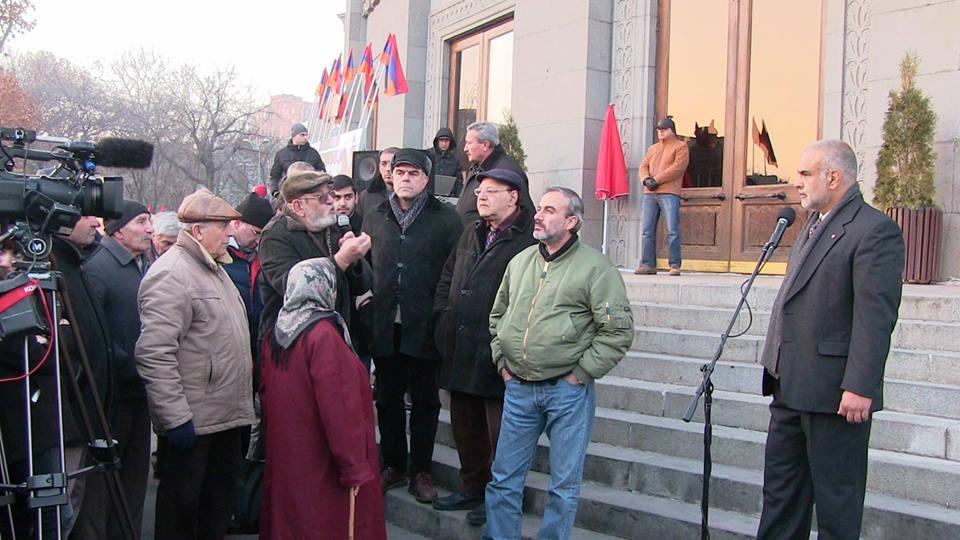
According to Hrant Mikaelian, ‘Armenia’s political life continues to freeze; the rudiments of the new parties have in now manifested themselves yet, while the largest alternative party -‘Prosperous Armenia’ has collapsed as a result of its own revolutionary approach attempt and pressure on part of the authorities and abandoned the scene as early as in the beginning of the year.’











